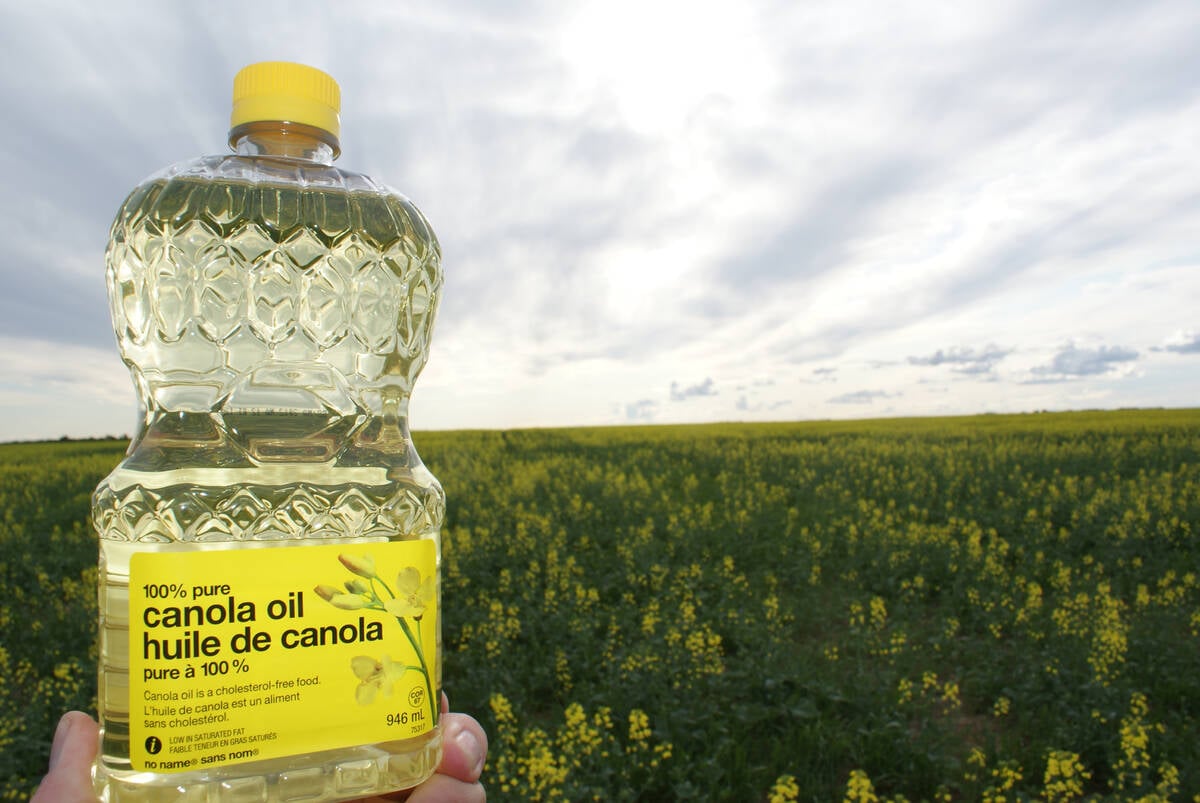SYDNEY, Australia (Reuters) – Wild swings in wheat prices and uncertainty surrounding global supply are making Australian grain firms more attractive to international companies.
As drought cuts supplies from the Black Sea, the rapid pace of deal-making in Australia, the world’s fourth largest wheat exporter, looks set to accelerate against a backdrop of rapid consolidation.
Australia opened the sector to foreign investment in 2008.
Australia’s GrainCorp could become the next big target of voracious overseas appetite for the country’s grains firms after an aggressive $1.1 billion bid early this week by Canada’s Agrium Inc. for AWB Ltd., Australia’s largest bulk wheat exporter.
Read Also

Rising vegetable oil demand may offset bad biofuel news
Global biodiesel/renewable diesel production is expected to decline for the first time in a decade. Bad timing for a canola industry looking for new markets.
Australia’s share of the global wheat export market, which the United States Department of Agriculture expects will be 12 percent in 2010-11, makes its companies a good target for international outfits looking to grow geographically, analysts said.
“People are looking to spread their risk on a global basis so Australia has to be within their global sight,” said one of the country’s top grain analysts, Malcolm Bartholomaeus of Callum Downs Commodity News.
“There’s still scope for overseas companies to get a foothold in the Australian market and particularly with the supply conditions that we’re seeing out of the Black Sea,” he said in a reference to Russia’s worst drought in more than a century.
Chicago Board of Trade wheat futures have lost around 22 percent since hitting a two-year high of $8.41 per bushel this month on Russian export bans, whose impact could be amplified by Ukraine’s decision to halve its 2010 exports.
Australia’s grain firms, small by world standards, are likely to acquiesce to the advances of foreign majors instead of bulking up and moving overseas, analysts say.
Agrium’s all cash offer, pitched at $1.50 AUS per share, leapfrogged a recommended merger with Grain-Corp, eastern Australia’s largest grain handler. GrainCorp made an offer last month that valued each AWB share at $1.047.
“If the merger between GrainCorp and AWB is interrupted by an external bid where they’ve significantly lifted the value, then that would leave GrainCorp on the table, making it ripe for an international takeover, as I’m not sure if anyone in Australia has the capacity,” said Bartholomaeus.
Farmer-owned CBH Group, Australia’s largest grain handler, is the only potential domestic candidate that could take on GrainCorp, but its ability to raise capital is limited by its co-operative structure, analysts said.
GrainCorp chief executive officer Alison Watkins struck a note of self-defence in the face of the advances of global giants last month when describing the deal to buy AWB.
“It would be hard for these two organizations if they remained apart to avoid the fate of being ultimately taken over by one of those strong international players.”
But the mergers are unlikely to influence wheat prices as there are many suppliers and traders in the global wheat market, as well as non-commercial players such as investment funds that also influence prices.
Global majors such as Cargill, Viterra , Glencore and Bunge muscled into the wheat industry in Australia after the country ended AWB’s 70-year-old monopoly of the overseas sale of bulk wheat in mid-2008.
Other foreign firms have also formed alliances with Australian grain traders, including Japan’s Sumitomo Corp., which took a 50 percent stake in the emerging Emerald Group in March.
Australia’s Elders Ltd. formed a grain business with Germany’s Toepfer International before deregulation and it now ranks as the country’s third largest wheat exporter.
AWB, the former Australian Wheat Board, which shipped 2.5 million tonnes in the November to July period, or nearly 28 percent of the country’s wheat exports, faces competition from firms merging or forming joint ventures to bulk up their balance sheets and accumulate grain and win export orders.
Agrium’s takeover of AWB, if it succeeds, would give it grain handling and trading services to complement businesses, such as providing farm inputs like fertilizers and crop protection products.
“They don’t have a presence in grain trading so you have to wonder if grain trading is core (for Agrium),” said Moore. “If it’s non-core, they may look to sell that to someone else.”
Agrium’s chief executive officer Mike Wilson said there are no “specific plans” to break off AWB’s grain trading businesses if the deal proceeds.
Another possible takeover target is CBH Group, the largest wheat exporter in Western Australia, the country’s top grain exporting state.
But snapping up CBH will be an uphill battle after the group voted this month to retain its co-operative ownership structure, blocking any move toward listing the company that could ease a possible takeover.
CBH’s owners feared such a move would spark an increase in handling costs, as a listed group would aim to lift returns to shareholders.
Agrium’s entry comes a year after Viterra bought grains handler and exporter ABB Grains Ltd., based in South Australia.
Analysts said more bids for AWB could emerge, with Cargill, Bunge and Viterra mentioned as potential suitors, but GrainCorp was seen unlikely to make a counteroffer, since it lacked the balance-sheet strength for a cash offer.
“To really participate on the international stage, Australian companies need to develop and grow larger to hit the sort of scale that these international companies operate at,” said Ross Macmillan, an analyst at E.L. &C. Baillieu Stockbroking Ltd.
———
for a cash
c c
———
e
ection=markets, ag_
———
ss=subscriber














